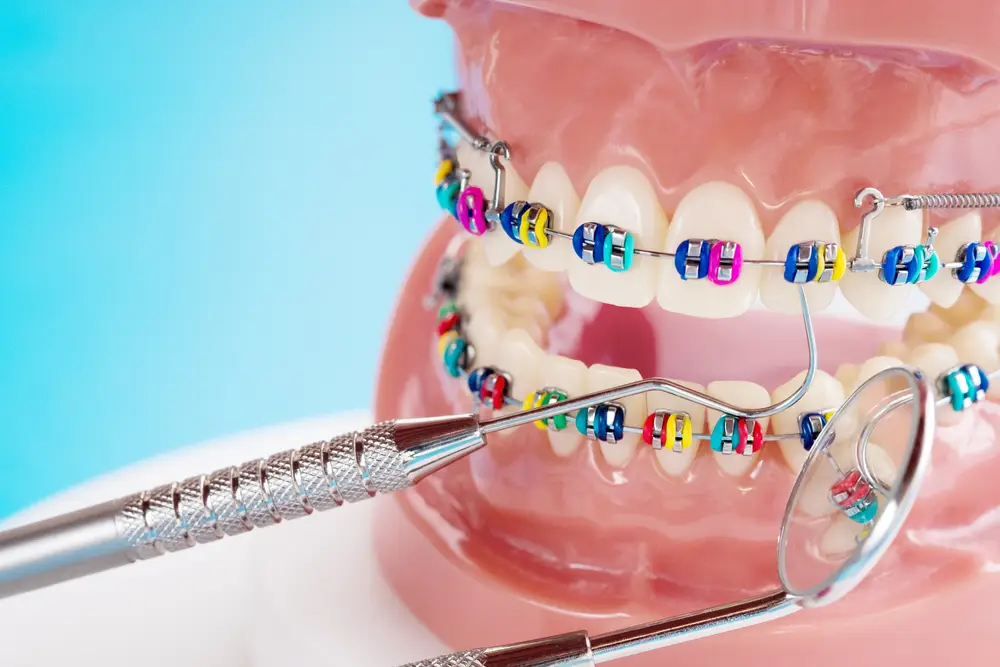
Having a bright and white smile can boost one’s confidence and self-esteem. Many people turn to teeth whitening treatments provided by dentists in Abu Dhabi and other parts of the world to achieve this goal. However, professional teeth whitening treatments can be expensive and may cause tooth sensitivity. Fortunately, there are natural ways to whiten your teeth at home without breaking the bank.
Baking soda:
Baking soda is a mild abrasive that can gently remove surface stains from teeth. Mix a small amount of baking soda with water to create a paste, and then brush your teeth with the mixture for two minutes. Be sure to rinse thoroughly afterward to prevent any abrasive residue from remaining on your teeth.
Hydrogen peroxide:
Hydrogen peroxide is a common ingredient in many whitening toothpaste and mouthwash products. You can create a natural whitening mouthwash by diluting hydrogen peroxide with water in a 1:1 ratio. Swish the solution around in your mouth for 30 seconds to one minute before spitting it out. Do not swallow hydrogen peroxide, and use it in moderation to avoid irritation.
Oil pulling:
Oil pulling is an ancient practice that involves swishing oil around in your mouth to remove bacteria and plaque. Coconut oil is a popular choice for oil pulling due to its antimicrobial properties. Swish one tablespoon of coconut oil in your mouth for 10-15 minutes, and then spit it out. Be sure to rinse your mouth thoroughly afterward and brush your teeth as usual.
Apple cider vinegar:
Apple cider vinegar has natural bleaching properties that can help whiten teeth. However, it is highly acidic and can erode tooth enamel if used excessively. To use apple cider vinegar safely, dilute it with water in a 1:2 ratio and use it as a mouthwash. Rinse your mouth thoroughly afterward to neutralize the acidity and prevent damage to your enamel.
Eating crunchy fruits and vegetables:
Crunchy fruits and vegetables such as apples, carrots, and celery can help naturally scrub away surface stains from teeth. Additionally, these foods stimulate saliva production, which helps rinse away food particles and neutralize acids that can contribute to tooth discoloration.
Limiting staining foods and beverages:
Certain foods and beverages, such as coffee, tea, red wine, and dark berries, can stain your teeth over time. Limiting your consumption of these staining substances can help prevent further discoloration and maintain a brighter smile.

